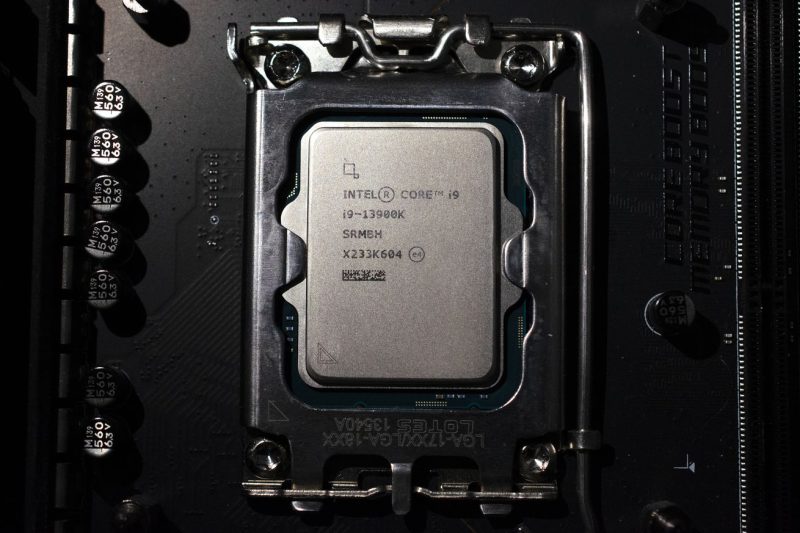In the tech world, Intel has long been a market leader in producing high-performance CPUs that power desktop computers and laptops. However, a recent issue with their i9 desktop chips has caused concern among users and technology enthusiasts alike. Despite numerous attempts to address the problem, Intel is still struggling to find a permanent solution.
The issue first came to light when users started experiencing frequent crashes and system instability with Intel’s i9 processors. Reports of sudden shutdowns and blue screen errors prompted Intel to investigate the matter. The company acknowledged that the problem was real and set out to identify its root cause.
After extensive testing and analysis, Intel determined that the issue lay within the CPU’s firmware, specifically with the Multicore Enhancement feature. This feature boosts the performance of the processor by allowing all cores to run at a higher clock speed than intended. While this can provide a performance boost in some scenarios, it was also identified as the culprit behind the system crashes.
In response to the problem, Intel released a series of microcode updates that were aimed at addressing the issue with the i9 chips. However, these updates proved to be ineffective in fully resolving the crashing problem. Users continued to report issues even after applying the patches, indicating that the root cause of the problem had not been adequately addressed.
Intel has since issued advisories recommending users to disable the Multicore Enhancement feature in their BIOS settings to prevent system crashes. While this workaround has helped mitigate the issue for some users, it is not a permanent fix. Intel continues to work on finding a more robust solution to ensure the stability and reliability of their i9 desktop chips.
The ongoing struggle to resolve the crashing issue with Intel’s i9 processors has raised questions about the company’s quality control and testing processes. With an increasing number of users relying on their products for high-performance computing tasks, Intel faces pressure to deliver reliable and stable CPUs that meet the expectations of their customers.
Despite the setbacks, Intel remains committed to resolving the issue and providing a lasting solution for users affected by the crashing problem. In the fast-paced world of technology, challenges and obstacles are par for the course, but it is how companies like Intel respond to these challenges that ultimately define their reputation and success in the industry.
